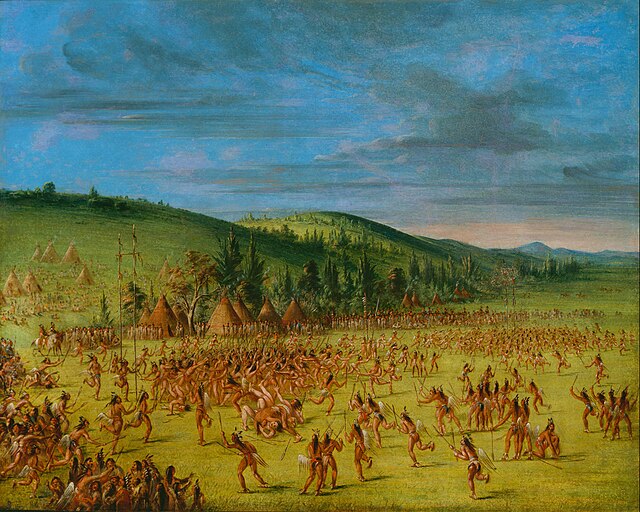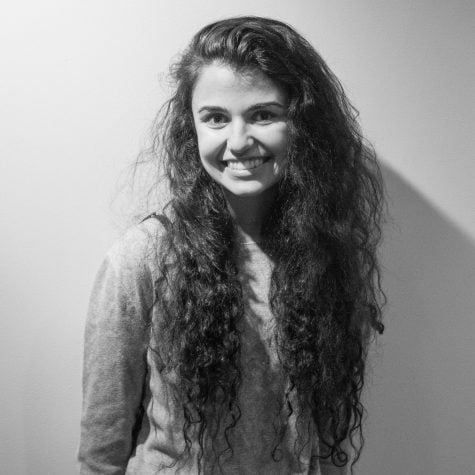Young adults make up 13 percent of voters in North Carolina, but 16 percent of young adults have no form of North Carolina photo ID, according to Democracy North Carolina.
Black people make up 22 percent and women 54, yet 31 percent of blacks and 66 percent of women have no North Carolina photo ID.
On April 6, the U.S. Supreme Court declined to review a law that has eliminated same-day registration, shortened early voting and required a North Carolina voter ID to vote in North Carolina.
“We have this law because of voter fraud, but the amount of voter fraud (is) so minuscule,” said sophomore and North Carolina native Leah Whetten-Goldstein. “You’re hurting so many people, preventing them from voting.”
According to North Carolina Republican Governor Pat McCrory, this law ensures the integrity of the voting process.
“Even if the instances of misidentified people casting votes are low, that shouldn’t prevent us from putting this non-burdensome safeguard in place,” said McCrory, according to the Huffington Post.
He is not alone.
“Unless you’re like a wizard hermit in the woods, I don’t understand,” said senior and Guilford College Republicans President Harrison Houlihan. “I would feel bad if that wizard hermit couldn’t vote, but (it) just seems intuitive that you need an ID to perform our most sacred civic duty.”
In North Carolina, there have been no cases of voting fraud on public record, though over 300,000 North Carolinians have no form of ID that would be accepted under this law, according to “North Carolina Will Determine the Future of the Voting Rights Act in The Nation,” an article by Ari Berman.
“I can count on one hand the number of legitimate voter fraud cases in our over 200 years of history,” said Assistant Professor of Political Science Robert Duncan.
The law was passed in 2013 by McCrory.
“It illustrates the power that the conservatives have,” said Duncan. “They’re making it more and more difficult to vote.”
The Supreme Court’s refusal to review the case means that the ruling of the lower federal court will stand. The Fourth Circuit court ruled that several elements of the voting law were illegal.
“The court’s order (was supposed to) safeguard the vote for tens of thousands of North Carolinians,” said director of ACLU’s Voting Rights Project Dale Ho in a statement. “It (meant) they could continue to be able to use same-day registration, just as they have during the last three federal elections.”
According to the Southern Coalition for Social Justice, this law disproportionately affects women and people of color.
“We always oppress folks of color, but the ways in which that happens manifests itself in different ways throughout history,” said Assistant Professor of Justice and Policy Studies Krista Craven. “It’s hard to shake that legacy of marginalizing certain groups.”
College students and young people are also overwhelmingly affected.
“Who’s the most likely to want to register and vote in the same day?” said junior and North Carolina native Rachel Wieselquist. “Who’s the procrastinating public of the United States? It’s young people. Not voting is not the answer. We need to make it clear to them that these restrictions are not going to stop us from voting.”
According to the Brennan Center for Justice, a hundred thousand North Carolinians voted early in 2012. Approximately one third were African-American.
“We are suppressing the voice of folks of color,” said Craven. “We’re just using these other tools that (are) prevalent, particularly in the southern U.S.”
Of course, the fewer people who can vote, the fewer people that will.
“I’ve always thought that when you talked about the integrity of elections, you talked about getting as many Americans to vote as possible to participate,” said Associate Professor of Political Science Ken Gilmore. “How much integrity does an election have when 20 percent of the people vote?”







